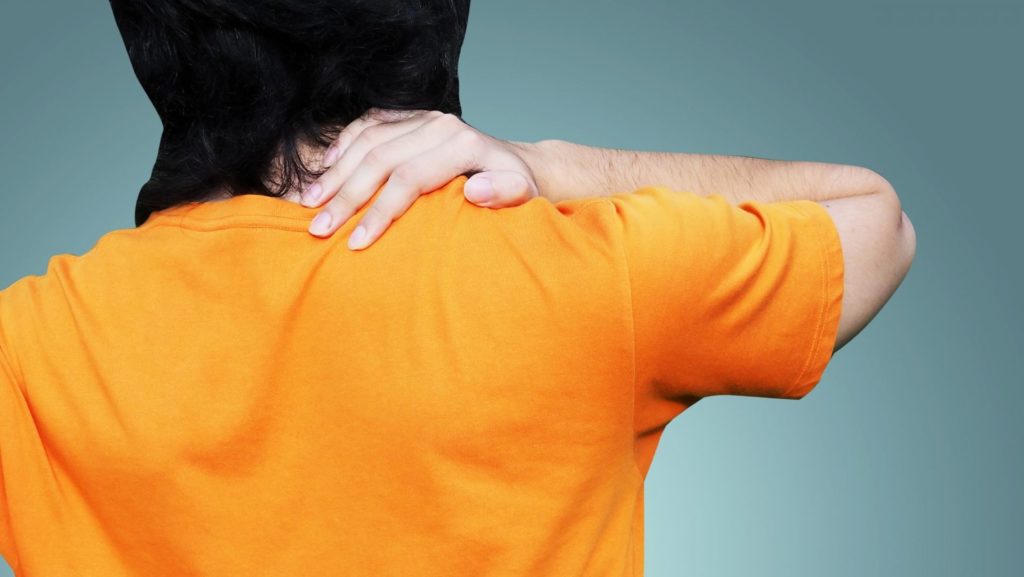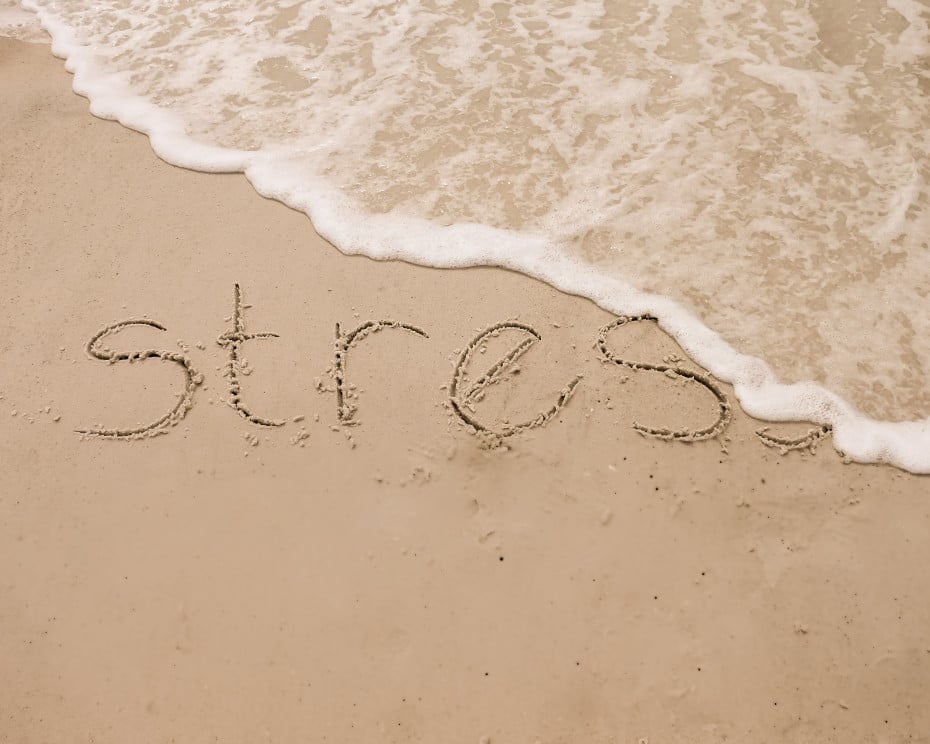CBD Oil As An Effective Supplement for Epilepsy
Epilepsy is a chronic neurological brain disorder that results in a person having seizures. It is the fourth most common neurological disorder and affects children and adults. A seizure is a brief change in normal brain activity, and an epilepsy diagnosis means a person has had two or more seizures. Seizures are associated with excessive neuronal activation in the brain.
Epilepsy may be due to a neurologic injury, infection, structural brain lesion, toxicity to the brain or other undetermined causes. The course of a seizure disorder is often marked with remissions, periods of 2 to 5 years without a seizure. This generally occurs while the patient is taking an anti-seizure medicine. Relapses may happen even while on medication or when the medicine is withdrawn.
The main treatment for epilepsy is via anti-seizure medications, often 2 or 3 are needed, with many unwanted side-effects. Also, sometimes useful is a ketogenic diet, and control of post-seizure symptoms such as fatigue, “brain-fog”, mood-disturbances or agitation with counseling and/or medications. As a last resort brain surgery or nerve stimulation might be considered.
Medical Research with Cannabis
NOTE FOR FIRST TIME READERS: Cannabinoids – such as THC, CBD – and terpenes are the main medically active components in cannabis (aka marijuana). For more information on these components, and much more about the cannabis plant, see our section on the Science of Cannabis.
Anti-seizure medications are always preferred by neurologists, yet some patients use cannabis to treat seizure disorder due to reduced side effects compared to the medications. If this is the case, it’s important to take it regularly as with any medication.
Some patients use cannabis to replace one or more pharmaceutical medications and at the right dose, may achieve better results. It is a serious business to control seizures, therefore it is best to work with the neurologist, a cannabis specialist and keep a journal of effects for best results. Do not try to manage seizures with cannabis alone on your own.
For many years patients with seizure disorder smoked marijuana to help reduce their seizures, as THC does have anticonvulsant properties. It is not only THC, but Cannabidiol (CBD), a nonpsychoactive cannabinoid in cannabis has also been noted to have antiepileptic properties.
The United States FDA has recently approved the first CBD cannabis-derived extract, called Epidiolex, for the treatment of two pediatric epilepsy conditions. In additional news, the FDA changed the legal status of Epidiolex moving it from a Schedule 1 drug (meaning it has no medical value) to a Schedule 5 drug, the lowest classification under the Controlled Substances Act.
It is important to note that the derivation of cannabis preparation is important. Not only are the cannabinoids (CBD or THC) anticonvulsant, but the terpenes in a full cannabis extract may increase effectiveness.
In a study of 272 patients, 86% had some degree of seizure reduction while using artisanal cannabis. Many states in the US now have laws that allow the use of CBD rich cannabis due to the activism of parents of children with epilepsy who want access.
Forms of CBD Treatment
The use of cannabis for treating epilepsy requires professional advice. The use of cannabis for seizure disorder may be used to control symptoms, like agitation, insomnia or as a general anti-oxidant. Do not attempt to replace anti-seizure medications with cannabis without professional advice. If used for seizure control, most protocols involve high doses of CBD rich cannabis.
CBD products are most often supplied as a concentrated oil up to 100s of mgs/ml, or a concentrated tincture, at doses of 25 to 100 mg/ml. For children, the dose is calculated by body weight. For adults, up to 1000mg of CBD is introduced by oil divided into 3 doses/day. For agitation, much less CBD is required, from 10 to 25 mgs per dose.
References
Ames FR, Cridland S. Anticonvulsant effect of cannabidiol. South African Medical Journal. 1985, 69: 14.
Porter BE, Jacobsen C. Report of a parent survey of cannabidiol-enriched cannabis use in pediatric treatment-resistant epilepsy. Epilepsy and Behavior. 2013, 29: 574-577.
Rosenberg EC, Tsien RW, Whalley BJ, Devinsky O. Cannabinoids and Epilepsy. Neurotherapeutics. 2015, 12(4): 747-68.
Sulak D, Sanneto R, Goldstein B. The current status of artisanal cannabis for the treatment of epilepsy in the United States. Epilepsy and Behavior. 2017, 70(Pt B): 328-333.



